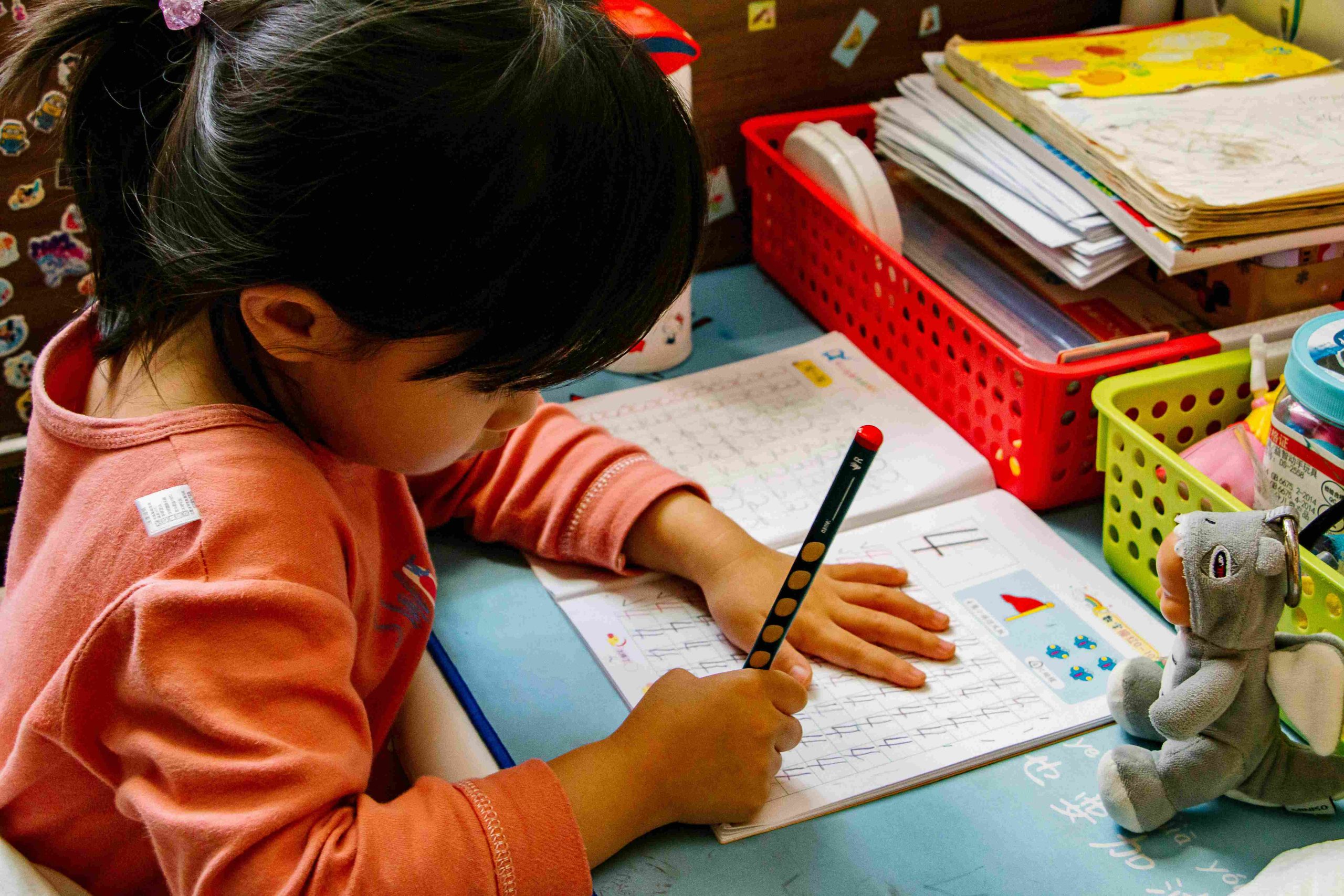
Unlocking Potential: Essential Enrichment Activities for Preschoolers to Develop Vital Skills
You want to give your preschoolers the finest environment for growth and development as a parent or caregiver. One method to achieve this is through engaging your preschoolers in enrichment activities, which can aid in the development of vital life skills. This article will define enrichment activities, explain their significance, and give some examples of activities that can aid in your preschooler’s development of critical abilities.
What are Enrichment Activities?
Preschoolers can learn and grow through enrichment programs, which offer them chances to do so outside of their normal schedule. These pursuits may be instructive, amusing, or creative, and they may occur in a variety of places, including the home, the neighborhood, or a school. Preschoolers should have the chance to explore their interests, learn new skills, and develop confidence in their talents through enrichment activities.
Why are Enrichment Activities Important?
Enrichment activities are important for several reasons. Firstly, they can help preschoolers develop essential skills that will benefit them throughout their lives. These abilities include social-emotional abilities like empathy, self-awareness, and communication, as well as cognitive abilities like creativity, critical thinking, and problem-solving. Secondly, by giving preschoolers chances to succeed and feel good about themselves, enrichment activities can aid in the development of their confidence and self-esteem. Preschoolers who may struggle academically or socially in other areas of their lives may find this to be especially crucial. Finally, enrichment activities can be a fun and enjoyable way for preschoolers to learn and explore new things. This may encourage a passion for study and a desire to understand more about the world.
Essential Skills Developed Through Enrichment Activities
Enrichment activities can help preschoolers develop a wide range of essential skills. Here are some examples:
Cognitive Skills
Problem-solving: Enrichment activities that involve puzzles, games, or challenges can help preschoolers develop problem-solving skills.
Critical thinking: Activities that encourage preschoolers to think critically and make decisions can help them develop this important skill.
Creativity: Enrichment activities that involve art, music, or imaginative play can help preschoolers develop their creativity.
Examples of Enrichment Activities
Enrichment activities can take many forms. Here are some examples of activities that can help your preschooler develop essential skills:
Cognitive Skills
Puzzles: Completing puzzles can help preschoolers develop problem-solving skills.
Board games: Playing board games can help preschoolers develop critical thinking skills.
Science experiments: Conducting simple science experiments can help preschoolers develop creativity and problem-solving skills.
Social-Emotional Skills
Volunteering: With your preschoolers, taking part in volunteer work can help them grow in empathy and social responsibility.
Yoga: Practicing yoga with your preschooler can help them develop self-awareness and mindfulness.
Role-playing: Engaging in imaginative play with your preschooler can help them develop communication skills.
The Role of Parents in Enrichment Activities
Parents play an important role in supporting their preschoolers’ participation in enrichment activities. Here are some ways that parents can support their preschoolers’ involvement in enrichment activities:
Provide transportation: Depending on the activity, transportation may be required. Parents can provide transportation or arrange for alternative transportation if needed.
Encourage and support their preschoolers: By expressing interest in their preschoolers’ experiences and offering encouraging feedback, parents can encourage and support their preschoolers’ engagement in enrichment activities.
Provide necessary materials: Depending on the activity, materials may be required. Parents can make sure their preschoolers have the supplies they need to take part in the activity.
Encourage a love of learning: Parents can encourage a love of learning in their preschoolers by taking an interest in their education and giving them the opportunity to pursue their interests.
Enrichment Activities for Different Learning Styles
Preschoolers have a variety of learning preferences, so it’s critical to select enrichment activities that meet each preschooler’s specific requirements. Here are some examples of enrichment activities for different learning styles:
Visual Learners
Visual learners learn best through visual aids such as pictures, diagrams, and videos. Here are some enrichment activities for visual learners:
Auditory Learners
Auditory learners learn best through listening and speaking. Here are some enrichment activities for auditory learners:
Kinesthetic Learners
Kinesthetic learners learn best through hands-on activities and movement. Here are some enrichment activities for kinesthetic learners:
How to Choose Enrichment Activities for Your Preschooler
Choosing enrichment activities for your preschooler can be a daunting task. Having so many choices makes it challenging to know where to begin. You can use the following advice to select the best activities for your preschoolers:
The Benefits of Enrichment Activities Outside of School
Enrichment activities outside of school can provide a range of benefits for preschoolers. Consider enrolling your preschoolers in enrichment activities outside of school for the following reasons:



Social-Emotional Skills
Empathy: Activities that encourage preschoolers to think about the feelings of others can help them develop empathy.
Self-awareness: Preschoolers can gain self-awareness by participating in enrichment activities that encourage them to consider their own feelings and opinions.
Communication: Activities that involve speaking, listening, and interacting with others can help preschoolers develop communication skills.